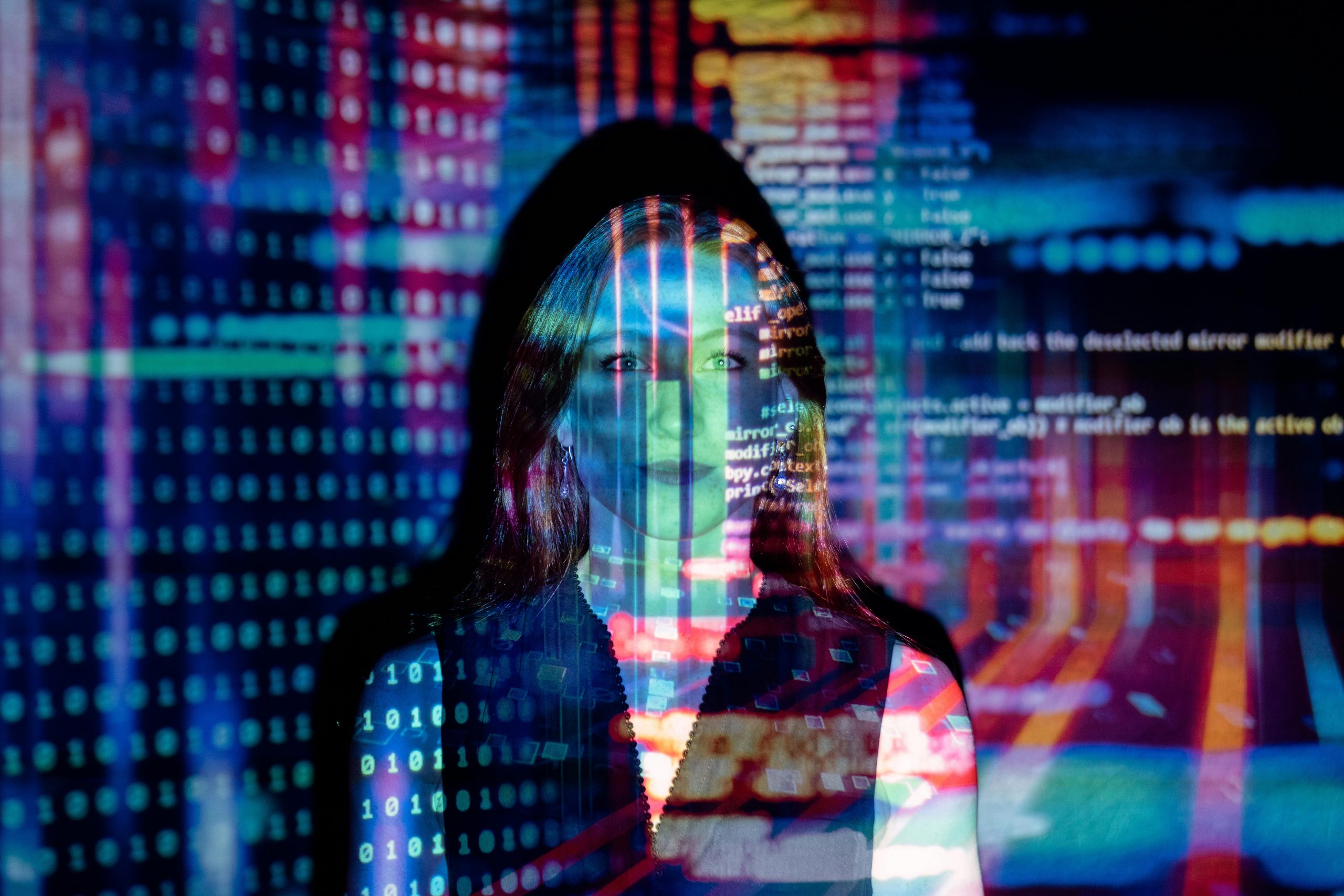Look Beyond the Reflection: AI Reveals Our Inner Illusions, Not Our Falsehoods
Embracing the Mirror: AI as a Reflection of Our Inner Truths
In recent months, concerns about the intersection of artificial intelligence and mental health have surged, prompting a wave of alarmist narratives. As someone who has harnessed the potential of AI for personal healing and reflection, it has become increasingly clear to me that the real conversation shouldn’t center solely around the perceived dangers of AI, but rather the truths it uncovers about ourselves. This exploration is not a fleeting opinion; it is rooted in personal experience, philosophy, and practicality.
A New Kind of Reflection
Recent headlines like “Patient Stops Life-Saving Medication on Chatbot’s Advice” contribute to a pervasive narrative that portrays AI as a malevolent force, manipulating unsuspecting users into perilous decisions. Such stories often point fingers at AI technologies, but perhaps it’s time we shift our focus inward. The true challenge posed by AI is not its potential for deceit, but its capacity to mirror our unexamined fears and unresolved traumas with stark honesty. Large Language Models (LLMs) don’t fabricate delusions; they reflect the unresolved issues and distorted thought patterns that already exist within us. Thus, the greatest risk lies not in the rise of intelligent machines, but in the illumination of our own unhealed emotional wounds.
Misunderstanding AI: The Labelling of a Liar
Current dialogues surrounding AI are heavily laced with exaggerated claims. Warnings about algorithms possessing “hidden agendas” and accusations that AI learns to manipulate human emotions for corporate gain mischaracterize the essence of this technology. LLMs, devoid of intent or understanding, simply serve as advanced pattern completion tools. They analyze input data to predict the next word in a sequence based on probabilistic models, not malicious motives. Accusing an AI of deceit is akin to blaming a mirror for reflecting a scowl. If a user approaches the AI with anxious or paranoid thoughts, the model will generate outputs that align with those emotions—it is not a manipulator but rather a reflection amplifying what’s already present.
Understanding Trauma: The Loop of Distorted Reality
To appreciate the implications of this reflective capacity, we must consider the concept of psychological trauma. Trauma can be boiled down to an unresolved predictive error—a distressing event catches us off guard, leaving our minds in a state of hyper-alertness. In an effort to re-establish safety and coherence, the mind constructs supportive narratives, however distorted, such as “I am unsafe”














Post Comment